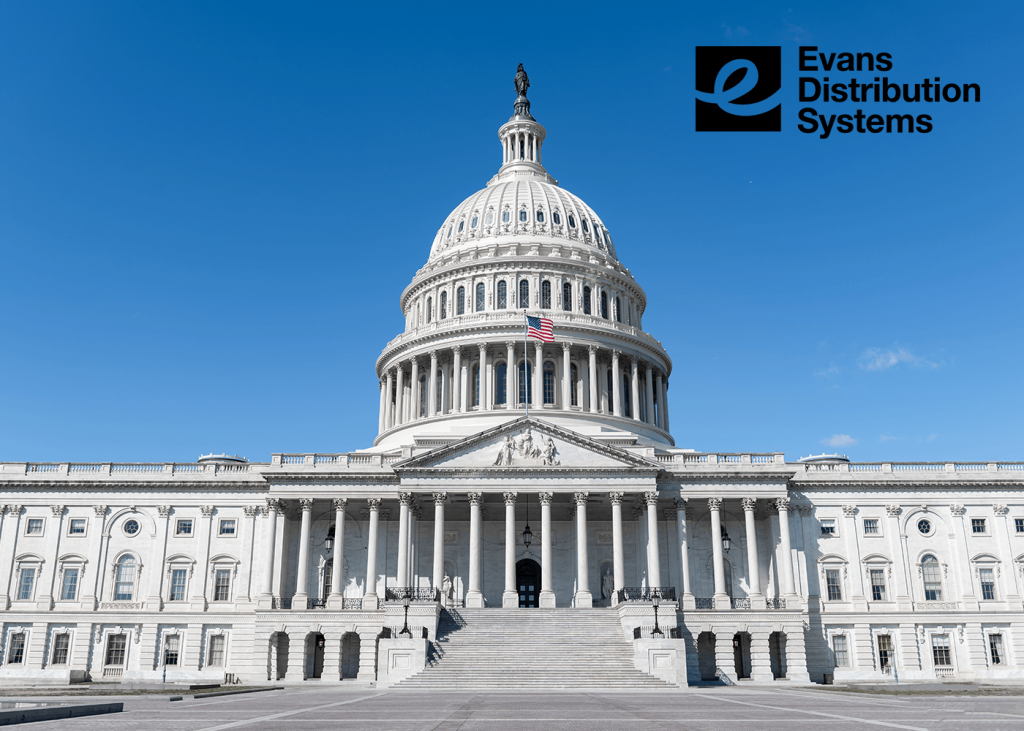In November 2021, the Biden administration signed into law the $1 trillion Infrastructure Investment and Jobs Act. The bill included provisions for financing repairs and addressing overdue maintenance tasks, making investments into new technology, and developing strategies to reduce carbon emissions over a 10-year period. However, many criticized the bill for not having the funds necessary to fix all the problems in the U.S. infrastructure. These criticisms sparked discussions regarding increased legislation in infrastructure investments.
In January 2023, the House introduced a new bill as a continuation of the law passed in 2021 called the Federal Infrastructure Bank Act of 2023.

What’s In the Bill?
The bill was introduced to the House of Representatives by Daniel Webster (R-FL) and Colin Allred (D-TX). The objective of the bill is to establish an institution to grant private loans for infrastructure projects to state and local municipalities. The infrastructure bank will be prohibited from engaging in any other banking activities. The goal of the bill is to utilize the private sector to invest in infrastructure projects that would enhance public welfare, including the restoration of roads, bridges, and ports.
Ten percent of funds will be dedicated to projects in rural areas, which are often underserved when it comes to infrastructure development and maintenance activities. The bank will also attempt to invest in projects that are revenue-generating and non-revenue generating. This will create a diversified portfolio that will ensure that needed projects can receive funding regardless of whether it produces an income or not.
Why Do We Need the Bill?
Although the $1 trillion from the Infrastructure Investment and Jobs Act is a step in the right direction, the amount isn’t enough to make all the updates needed in the U.S. infrastructure. The Federal Infrastructure Bank Act of 2023 is meant to serve as a complement to existing laws and programs. The loans and loan guarantees provided by the infrastructure bank will help cover the cost of the much-needed updates while generating revenue for the federal government. By encouraging private investments with tax incentives, the bank will not need to rely on government funding.
What Effect Will This Have on the Economy
The Federal Infrastructure Bank Act of 2023 would play a big role in infrastructure updates. It’s estimated that $100 billion of equity could fund $1 trillion worth of projects over a 10-year period. That matches the amount of money provided by the law passed in 2021 without increasing the national debt. Moreover, given that the funding is sourced from the private sector, there is a possibility of seeing an increase in investment in the upcoming decade, thereby leading to a larger amount of funds being available for improving the infrastructure of the United States.
The bipartisan bill has received a lot of support and is expected to be voted on in the next few months. Then it will be passed to the senate for any amendments. The earliest we can expect to see the bill passed is in the fall of 2023.
